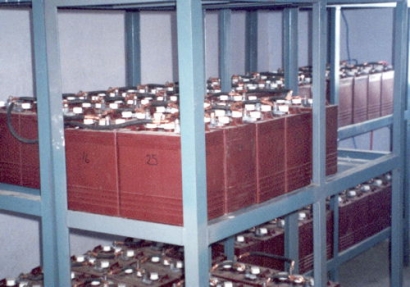
The report, The role of energy storage in Australia’s future energy mix shows that Australia has a wealth of natural advantages that could aid the development of new industries, exports and create jobs in mining and manufacturing.
It also warns that without proper planning and investment in energy storage, electricity costs in Australia will continue to rise and electricity supply will become less reliable.
The report finds the public has some awareness of energy storage such as batteries and pumped hydro but most people have very limited knowledge of other emerging technologies such as renewable hydrogen.
It also notes there is reluctance from consumers to install batteries at home for perceived safety reasons. However, the report identifies that Australians are fast adopters given the right market conditions, and there are 1.8 million homes with rooftop solar power systems that could use battery packs for energy storage.
“This report clearly shows the two sides of the coin – that energy storage is an enormous opportunity for Australia but there is work to be done to build consumer confidence,” said the chair of the ACOLA expert working group, Dr Bruce Godfrey.
“The best way to change attitudes is to increase understanding about energy storage.”
“Given our natural resources and our technical expertise, energy storage could represent a major new export industry for our nation,” said Australia’s Chief Scientist, Dr Alan Finkel.
“Energy storage is an opportunity to capitalise on our research strengths, culture of innovation and abundant natural resources. We have great advantages in the rapidly expanding field of lithium production and the emerging field of renewable hydrogen with export opportunities to Asia.”
“This is the first in a series of ‘horizon scanning’ reports. By working closely with the Office of the Chief Scientist ACOLA aims to present evidence-based reports on key issues to the Prime Minister’s Commonwealth Science Council to inform policy making and identify opportunities,” said ACOLA President, Professor John Fitzgerald.
The report has 10 key findings and contains detailed modeling and a national survey of more than energy 1,000 energy consumers.
The report was co-funded by ACOLA and the Office of the Chief Scientist.
The full report can be found at www.acola.org.au

